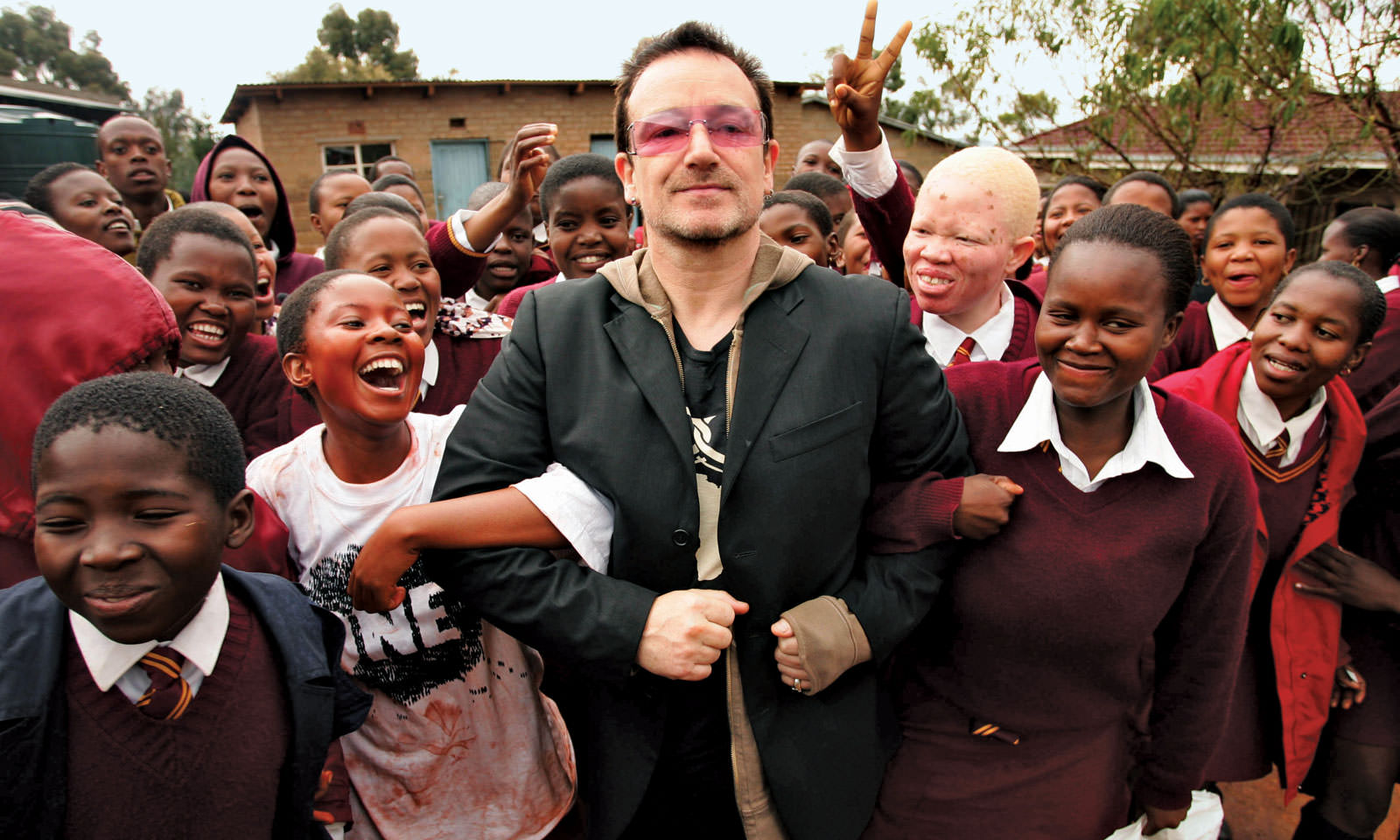When Wednesday premiered on Netflix, it didn't just resurrect the Addams Family legacy — it triggered something deeper. The show became a cultural moment, a style revolution, and an unexpected emotional mirror for a generation in flux. And at the center of it all? Jenna Ortega — calm, cutting, and utterly unforgettable.
From her iconic monochrome outfits to that now-viral dance scene, Ortega's Wednesday is more than a revival — she's a reinvention. She embodies a new wave of dark femininity: powerful, introverted, and self-possessed.
💀 A Rebellious New Wednesday
In past iterations, Wednesday Addams was mostly a deadpan punchline — strange, yes, but often flattened into a gothic gimmick. Ortega changed that. Her Wednesday is layered, guarded, and deeply introspective. She's clever without needing approval, cool without seeking attention. And she carries her pain like armor, not weakness.
This version of Wednesday resonates because she reflects a cultural shift: from performative cheer to protective detachment. In a world of curated perfection, she dares to be blunt, awkward, and emotionally restrained. She makes misfits feel seen — not as broken, but as strong in their solitude.
🖤 The Gothic Revival We Didn't Know We Needed
Goth has never really gone away — it's lived quietly in subcultures for decades. But Wednesday pulled it back into the spotlight, and suddenly it felt fresh again. Black-on-black layering, lace gloves, Victorian collars — all of it flooded the runways, TikTok feeds, and Pinterest boards overnight.
But what Wednesday gave us wasn't just a trend. It gave gothic a new emotional core. No longer just about darkness for aesthetic's sake, this revival was about emotional truth — embracing your shadows, not hiding them. Jenna Ortega's look wasn't just fashion — it was a statement: "I exist outside your expectations, and that's powerful."
🎭 Ortega's Minimalism, Maximum Impact
Part of what makes Jenna Ortega's performance so captivating is what she doesn't do. She doesn't overact. She doesn't force emotion. Instead, she lets stillness speak volumes. Her silence, her sideways glances, her dry delivery — all become tools of resistance. In an age of overstimulation, her restraint is revolutionary.
She manages to capture an entire generation's internal monologue — the quiet burnout, the need for space, the craving for realness. She gives voice to the voiceless, without raising hers.
🧠 A Reflection of Modern Outsiders
At its core, Wednesday isn't just about murder mysteries or quirky classmates. It's about alienation, autonomy, and identity. Jenna Ortega taps into that with remarkable control — her Wednesday isn't trying to fit in, and more importantly, doesn't want to. That's the quiet rebellion Gen Z loves: not shouting louder, but stepping outside the system altogether.
In a world obsessed with likeability, Ortega's Wednesday doesn't care. And in doing so, she becomes even more magnetic. She shows us that solitude doesn't mean loneliness — sometimes, it means knowing exactly who you are.
📺 The Coronation of a Modern Icon
For Jenna Ortega, Wednesday marked a turning point. Already respected in horror circles (Scream, X), this role catapulted her to global recognition. But more than fame, it gave her cultural weight. She now represents a new kind of star — one who's not afraid to be soft-spoken, weird, political, or deeply herself.
And her impact goes beyond the screen. From high-fashion campaigns to magazine covers, Ortega has become the face of an aesthetic that says: “Don't underestimate the quiet ones.”
💬 Final Word
Jenna Ortega's Wednesday didn't just bring back the gothic — it redefined it. She reminded us that vulnerability can be powerful, that individuality is something to protect, and that not fitting in might be the ultimate freedom.
In the age of algorithms, she gave us authenticity. And in a world that demands noise, she made silence iconic.

